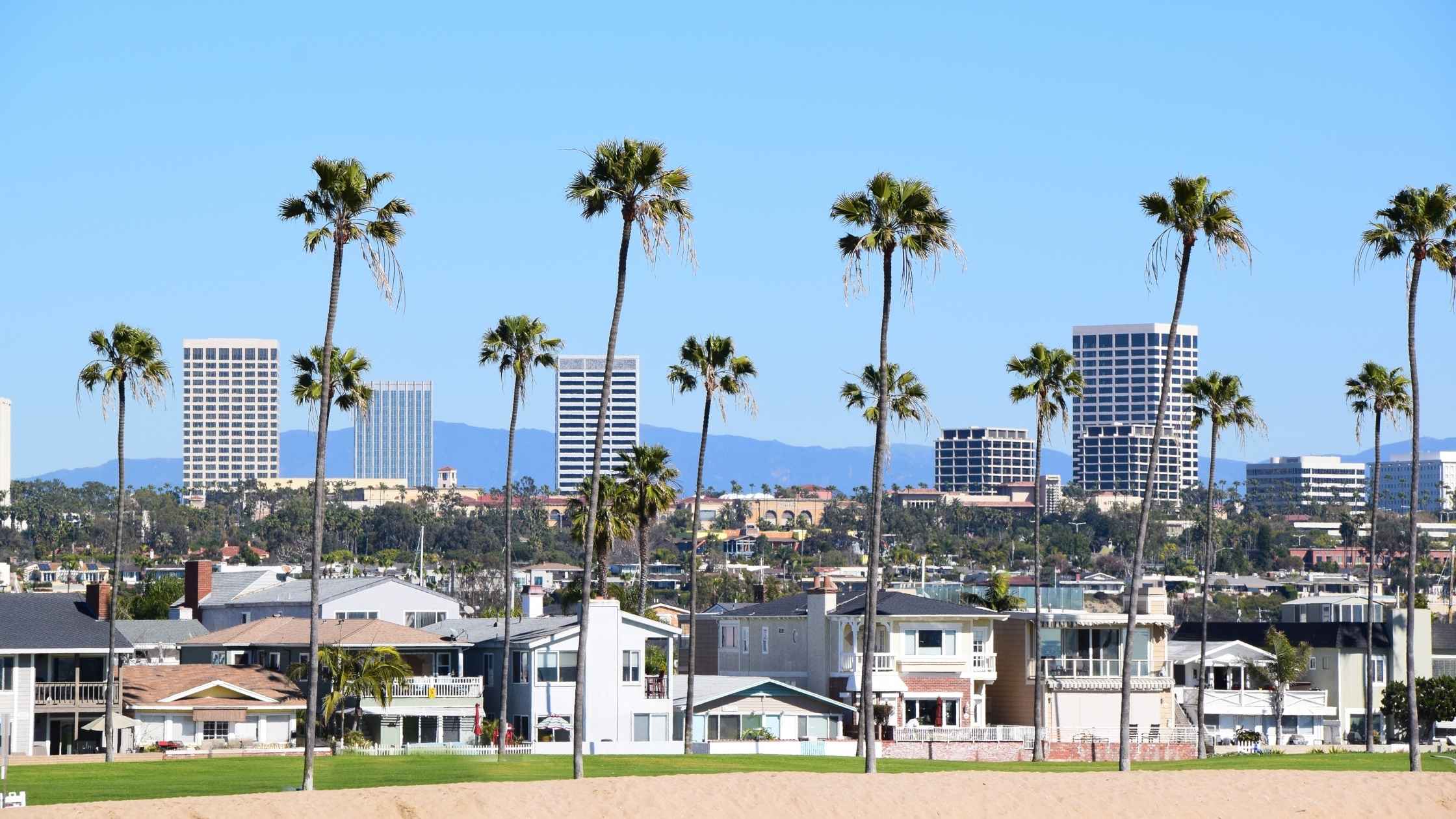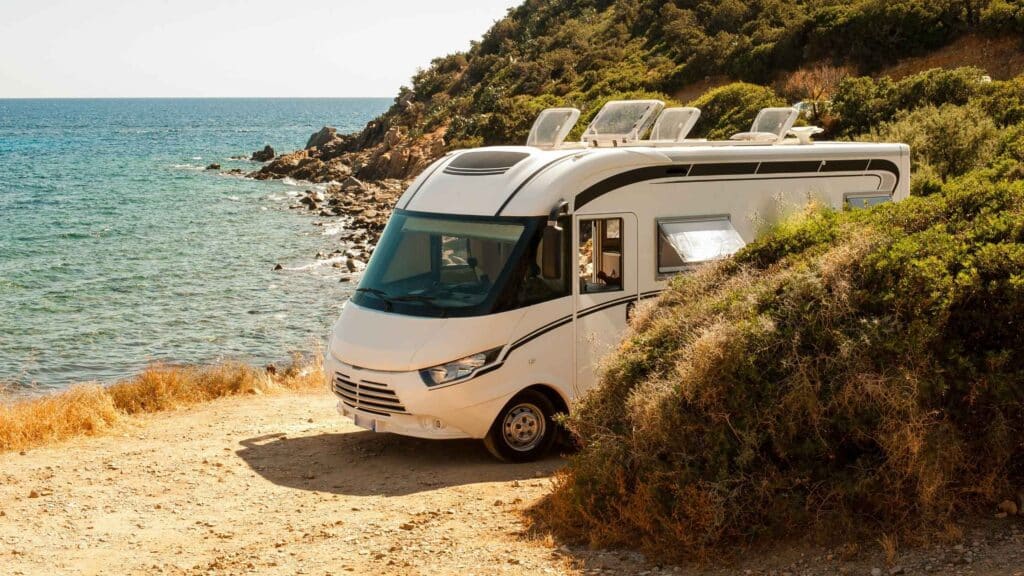Moving out is one of life’s biggest milestones, and whether you're fresh out of school or just ready for more independence, knowing how much money you need to move out is a critical first step. From upfront deposits and monthly bills to furniture and emergency funds, it’s not just about rent.
To set yourself up for a stress-free move, you’ll want to budget smart and prepare for every possible expense. Here's a comprehensive look at what it really costs to move out on your own.
Getting Familiar With the Costs of Moving Out
The total cost of moving out depends on many things, like your location, whether you’re living alone or with roommates, your moving strategy, and the kind of lifestyle you want. Some costs hit once, like moving trucks or furniture.
Others recur monthly, like rent and groceries. Before you commit, understanding the full picture will help you create a game plan that works.
Rent Will Eat Up the Largest Chunk
No surprise here, rent will likely be your biggest monthly expense. Nationally, the average rent for a one-bedroom apartment falls between $1,200 and $1,800. However, city dwellers may see prices jump well beyond $2,000.
Whether you’re looking downtown or in the suburbs, be ready for rent to take up 30–50% of your monthly income.
You’ll Need to Pay Before You Even Move In
Most landlords require the first month’s rent and a security deposit up front. In more competitive markets, you might also need to cover the last month’s rent or a nonrefundable application fee. These application fees range between $50-$100 on average.
This upfront total can easily range from $2,500 to $5,000. Factor it in early so you’re not blindsided when it’s time to sign the lease.
Monthly Utilities and Other Bills
Utilities aren’t always included with rent. Expect to pay for electricity, water, gas, internet, and maybe even trash collection. These costs can range from $150 to $300 a month depending on where you live and how much you use.
Don't forget subscriptions or renter's insurance either, because they all add up fast.
The Price Tag on Moving Day
Moving costs can vary wildly. If you’re hiring professional movers, local moves typically cost between $1,000 and $2,000. Long-distance moves may go well over $4,000.
If you go the DIY route, a moving truck rental, gas, and packing supplies could still run you $500 to $1,000. Either way, it's not free, and it is something you should consider if you do not have the time, resources, and ability to move everything yourself.
Making an Empty Space Feel Like Home
Setting up your new space means shopping for furniture, kitchen gear, bathroom items, and basic cleaning supplies. Furnishing a small apartment from scratch can cost anywhere from $2,000 to $5,000. But there are plenty of affordable ways to cut costs.
How to Save Big on Furniture
You don’t need to buy everything brand new. Thrift stores, garage sales, Facebook Marketplace, and even friends or family can help you score furniture for a fraction of the cost.
Focus on the essentials first, like your bed, table, and seating, and build out your space over time. It doesn't all need to be purchased or set up at once, and this is something you should keep in mind. Space things out that you can live without for now.
Groceries and Lifestyle Spending
Your food budget will likely range from $300 to $500 a month, depending on how much you cook versus eat out. Transportation costs, whether it’s public transit or maintaining a car, can range from $100 to $400 per month.
Entertainment, gym memberships, and impulse purchases should also be accounted for, even if you tell yourself “that you won't let yourself buy those things”. We all know that is not true, I am sorry to tell you.
If you are enjoying this post about how much money do you need to move out, you might also like:
- Flipping Furniture Side Hustle: Find, Fix, & Flip Furniture for Cash
- Fun Side Hustles For 2025 – With No Experience Needed!
- Pay Off Your Car Faster & Hit The Accelerator On Debt Payoff
- How to Create a budget for your business
You Need an Emergency Fund—No Exceptions
Life happens, and it’s important to be ready. Experts suggest saving three to six months of living expenses before moving out. That means having at least $6,000 to $10,000 tucked away.
This gives you a safety net if you lose your job, face a medical emergency, or get hit with an unexpected bill. The last thing you want is to be scraping by every month snd constantly stressed about your financial security.
Don’t Overlook These Sneaky Extra Costs
Some expenses catch first-time movers off guard. Coin-operated laundry machines can cost $20–$40 per month. Parking permits or garage fees might be required in your area.
Pet fees, furniture delivery charges, and setup fees for internet or utilities can also sneak up on you if you’re not prepared.
Tips to Cut Costs and Move Smart
Compare locations to find the best rate. Split costs with roommates to ease the financial burden. Start a budget tracker and log every dollar you spend. Hold off on decorating splurges until you're more settled.
Shop sales or accept free stuff from friends and family to lower furniture costs. Facebook marketplace often has groups dedicated specifically to giving away things for free, so take advantage of that.
- Start saving early—aim for at least $7,000 to $10,000.
- Compare moving services or consider DIY options.
- Create a monthly budget that includes rent, utilities, and groceries.
- Use thrift stores and online marketplaces for furniture.
- Track your spending and cut unnecessary costs.
- Share expenses with a reliable roommate.
- Look for rental deals that waive deposits or include utilities.
- Build an emergency fund of at least three months’ expenses.
Final Thoughts: How Much Money Do You Need to Move Out Today?
Moving out can be one of the most liberating decisions you ever make, but only if you plan for it wisely. You’ll need more than just rent money.
Between deposits, move-in costs, furnishings, and an emergency fund, for those wondering how much money do you need to move out, having at least $7,000 to $10,000 saved is a strong place to start.
The more prepared you are, the smoother and more enjoyable your transition to independence will be.




